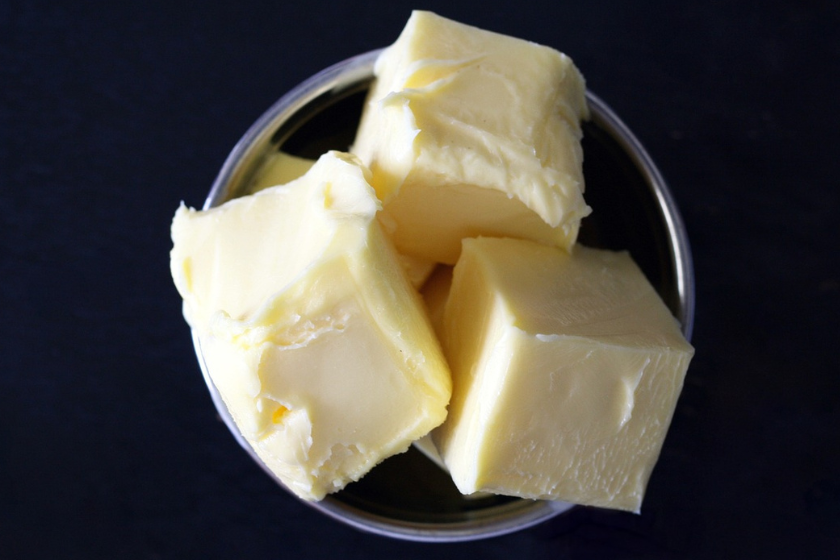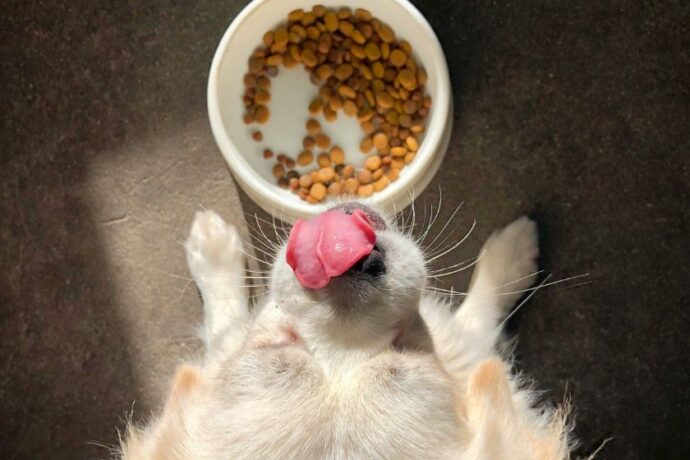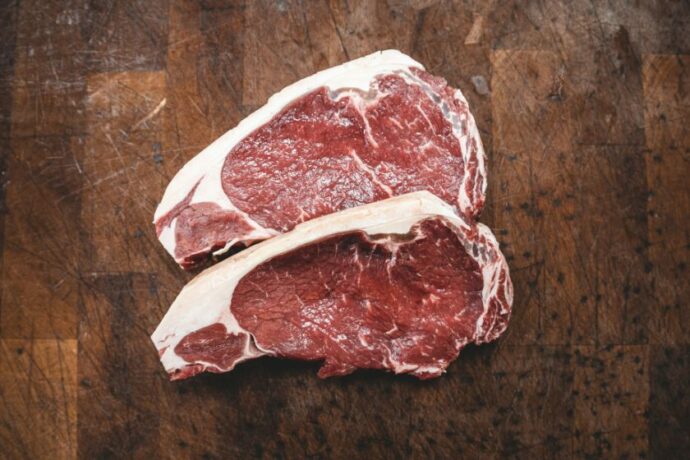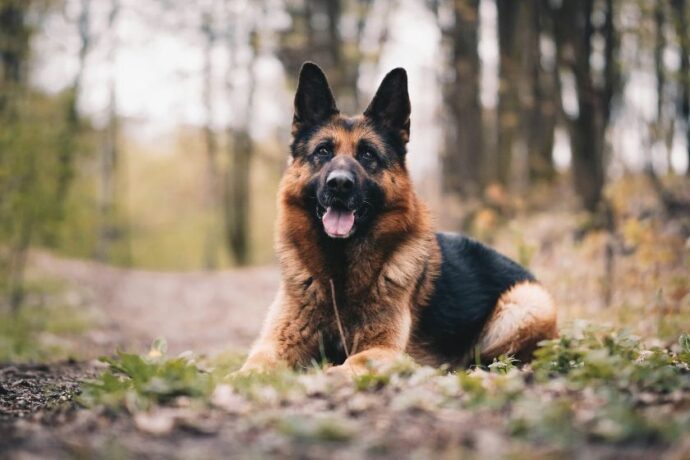
Is it safe to feed your dog food with butter on it? While a small bite may not pose health issues, consistently feeding butter to your dog can be a problem.
Can dogs safely eat butter? People put butter on food almost without thinking about it. Too much butter can pose serious human health problems. But what about your pet? Canine health is similar to human health in many ways when it comes to food. In this case, butter can have more immediate and serious health effects on your dog.
While you might be able to share a small piece of buttered food with your dog, it’s not a good idea to make this a common practice. As you find out how dogs react to butter, you’ll see why it’s important to limit your dog’s exposure to this food additive. Instead, choose something that’s better for them, such as coconut oil, olive oil, or peanut butter.
In What Variation Can Dogs Eat Butter?
The manner in which your dog eats butter will affect how they react to it. For example, your dog will probably get sick right away if they nab a stick of butter off of the table and swallow it before you can stop them. In that case, prepare for vomiting, diarrhea, or other gastrointestinal problems.
If a recipe calls for butter, giving your dog a small helping of that meal may not adversely affect them since the butter gets melted and mixed throughout the entire meal. In this case, it’s equally important to research how the rest of the ingredients in the meal will affect your dog. They may have an allergy or another condition that will worsen with certain foods.
It’s also a good idea to avoid giving your dog a buttered piece of bread or a buttered muffin. In addition to the health hazards associated with the butter, the empty carbs in the bread or muffin are also unhealthy. Carbs and sugar raise the risks of metabolic problems, such as obesity and diabetes.
If you do plan to give your dog food with butter in it, pay attention to the type of butter you buy. Look for butter with lower amounts of sodium. Too much sodium can lead to immediate health problems, such as dehydration, and contribute to later issues, including high blood pressure.
What Are the Dangers or Health Hazards of Eating Butter?
Can dogs eat butter safely? The occasional butter consumption might be okay, but avoid making this a regular staple in your dog’s diet. If you feed your dog food with butter, keep in mind that most dogs are lactose-intolerant. This means they don’t have the enzymes necessary to digest dairy products. When your dog eats butter, they may become bloated or nauseous.
Can dogs eat almond butter? This product is a little safer for your dog, but you should still feed almond butter to your dog in moderation. While almonds aren’t dairy products, they do contain large amounts of fat. Many manufacturers add salt to almonds, so pay attention to the sodium content as well.
In addition to immediate health concerns, there are long-term effects of eating too much butter for your dog. The fat in butter can lead to obesity, which carries higher risks of diabetes and other metabolic conditions.
Pancreatitis is another danger associated with feeding butter to your dog. The pancreas is responsible for delivering insulin to the body, which helps push sugar to the cells, where it’s used for energy.
The pancreas also produces enzymes that are crucial to the digestive process. In pancreatitis, the pancreas becomes weak and unable to function properly. This can become a life-threatening condition.
In addition to watching the sodium content in butter, avoid buying butter with artificial sweeteners. Xylitol is the most hazardous artificial sweetener for your dog to consume. This is a toxic substance that can poison your dog, requiring emergency care in most cases.
Watch for These Adverse Reactions to Butter
When dogs eat butter, they can show an adverse reaction in a few different ways. Short-term symptoms that dogs can’t tolerate butter will come in the form of digestive problems. Watch out for stool changes, such as constipation or diarrhea. Loose stool or diarrhea will be more common since the lactose will prevent proper digestion.
Your dog might also vomit shortly after eating butter. Along with nausea and vomiting, you may see a loss of appetite. If your dog’s appetite doesn’t return within a day, schedule a visit with your veterinarian.
You might see long-term reactions to too much butter in your dog’s diet. Weight gain is a common problem. If you notice your dog becoming lethargic or inactive in addition to the weight gain, a check-up will tell you if your dog has hypertension or other cardiovascular issues.
How to Feed Butter to Your Dog
When you do feed butter to your dog, make sure you only use a very small amount. Ahead of time, check the butter for fat, sodium, xylitol, and other harmful ingredients.
Avoid feeding buttered popcorn to your dog as well. The butter flavoring is just as harmful as real butter to your dog’s health. Stick to unbuttered, unsalted popcorn if you want to share that snack with your pet.



